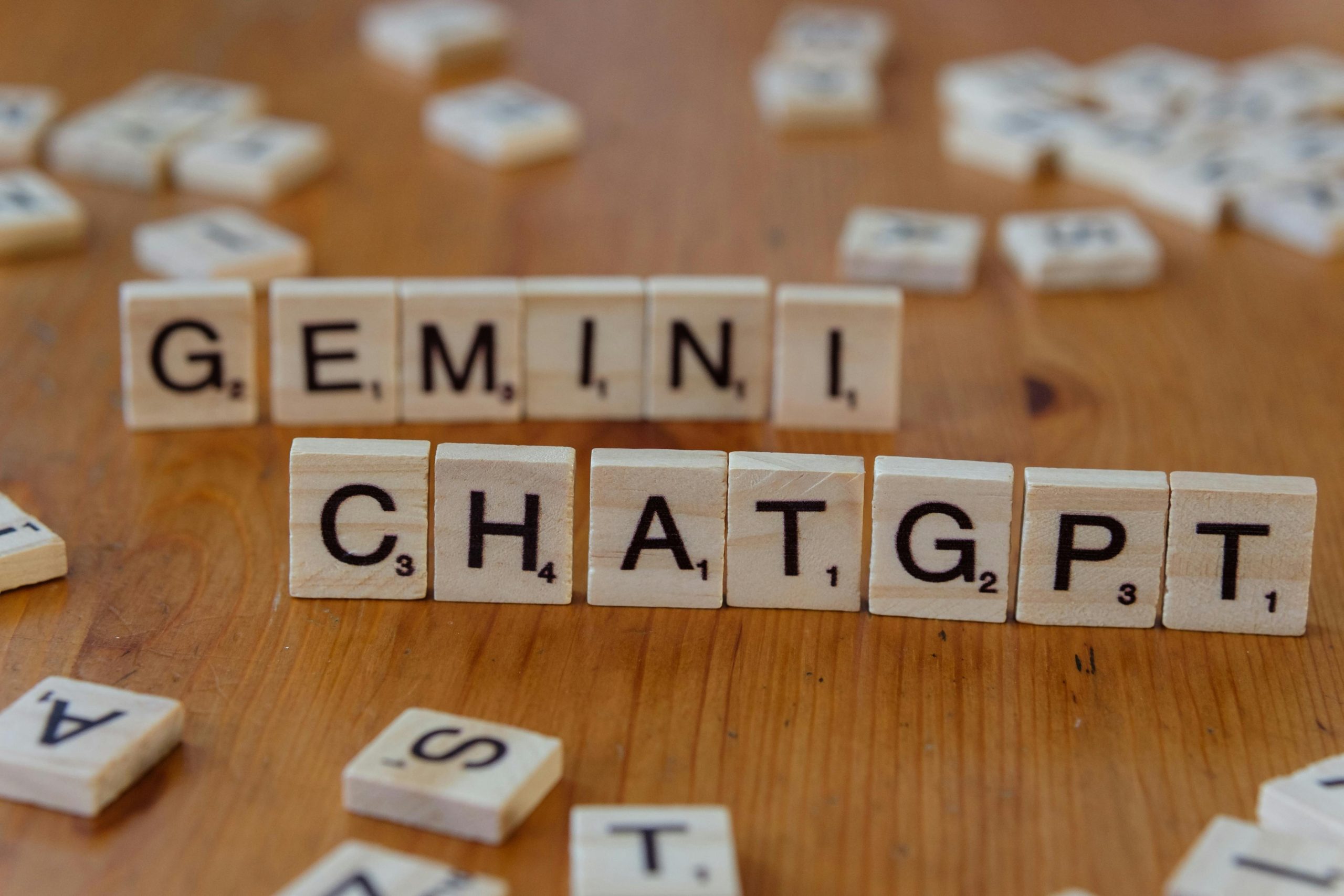Concerned about my girlfriend relying on ChatGPT for everything—she seems to have stopped thinking on her own
Navigating AI Dependency: Concerns Over Overreliance on Technology
In our fast-paced digital world, the integration of artificial intelligence (AI) into our daily lives has escalated, making tools like ChatGPT invaluable for many. However, this growing reliance on AI can raise some important concerns, especially for individuals close to those heavily invested in its use.
A situation that has been on my mind lately involves my girlfriend’s consistent use of ChatGPT for a myriad of tasks. Whether it’s seeking advice, brainstorming ideas, or even making everyday decisions, she often turns to this AI tool first rather than relying on her own thought processes. While I appreciate the convenience that AI brings, I can’t shake the feeling of unease about its impact on her cognitive abilities.
My concern lies in the notion that constant dependence on AI could erode her original thought and creativity. It seems as if she has stopped engaging in the mental exercise of critical thinking and self-reflection. Instead of exploring her own ideas and opinions, she frequently opts for what an AI suggests. This pattern raises an alarming question: Will she eventually allow AI to dominate her decision-making entirely, treating it as an infallible source of wisdom?
I find myself contemplating the long-term effects of this behavior. Will she retain her ability to think independently? Will she come up with original ideas, or will her creativity diminish as she leans more on AI for inspiration? The possibility of developing an addiction to such technologies is concerning, and I wonder if anyone else has experienced or observed similar situations.
To the wider community, I invite your thoughts and insights. Have you noticed changes in those around you fueled by AI dependence? What are your opinions on the balance between utilizing technology and maintaining our human cognitive abilities? Your perspectives would be incredibly valuable as we navigate this complex relationship with technology together.














Post Comment